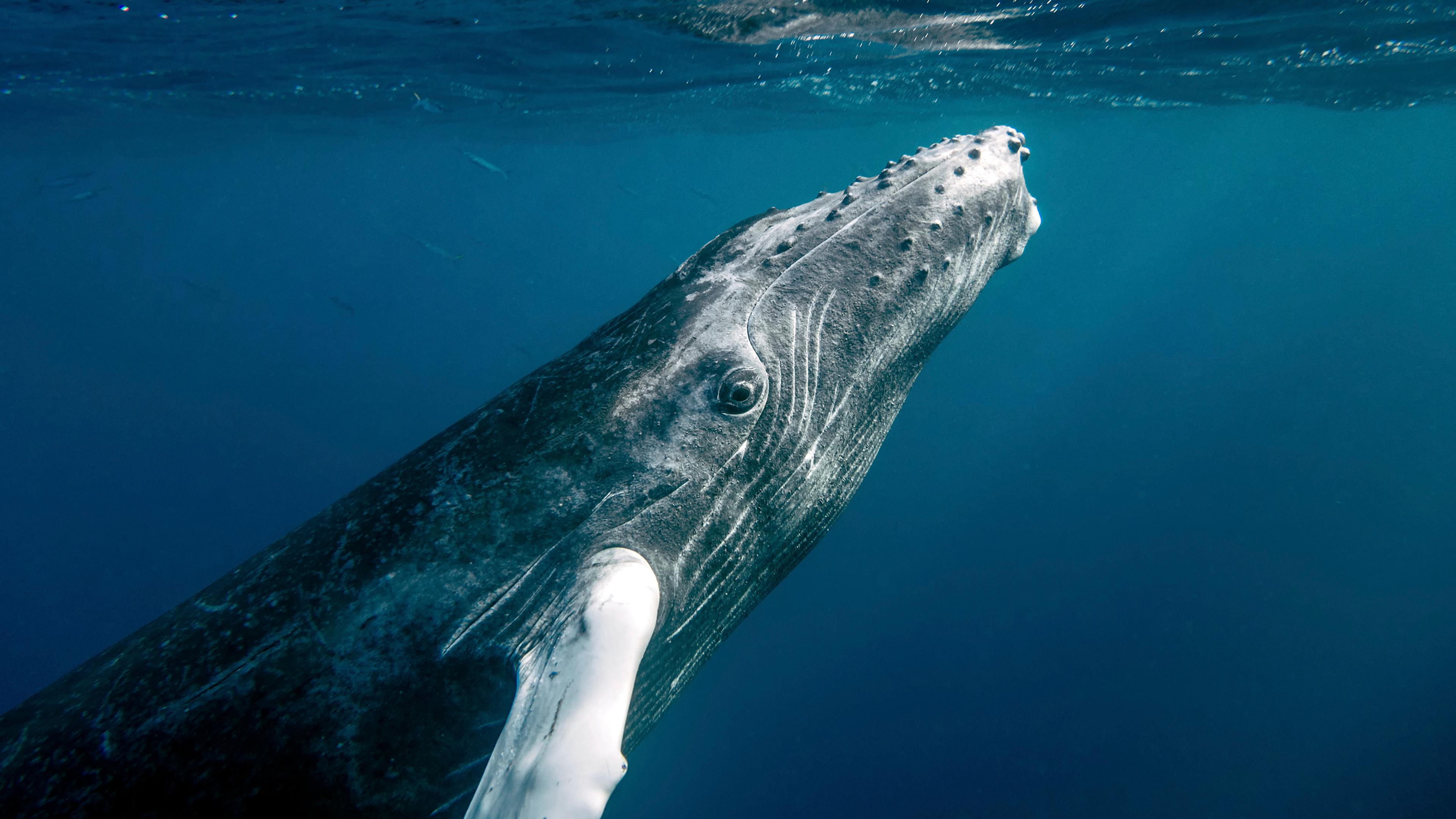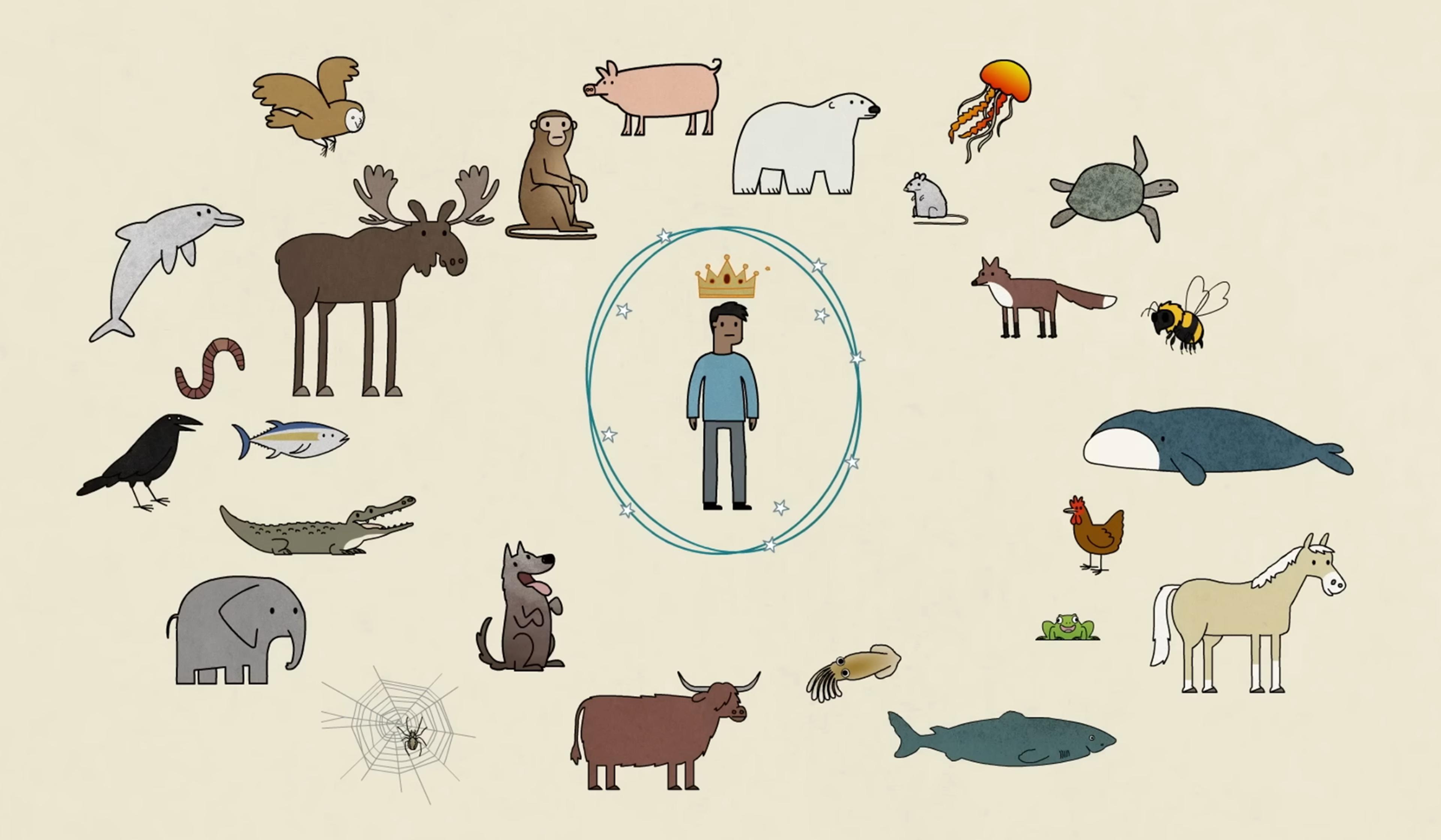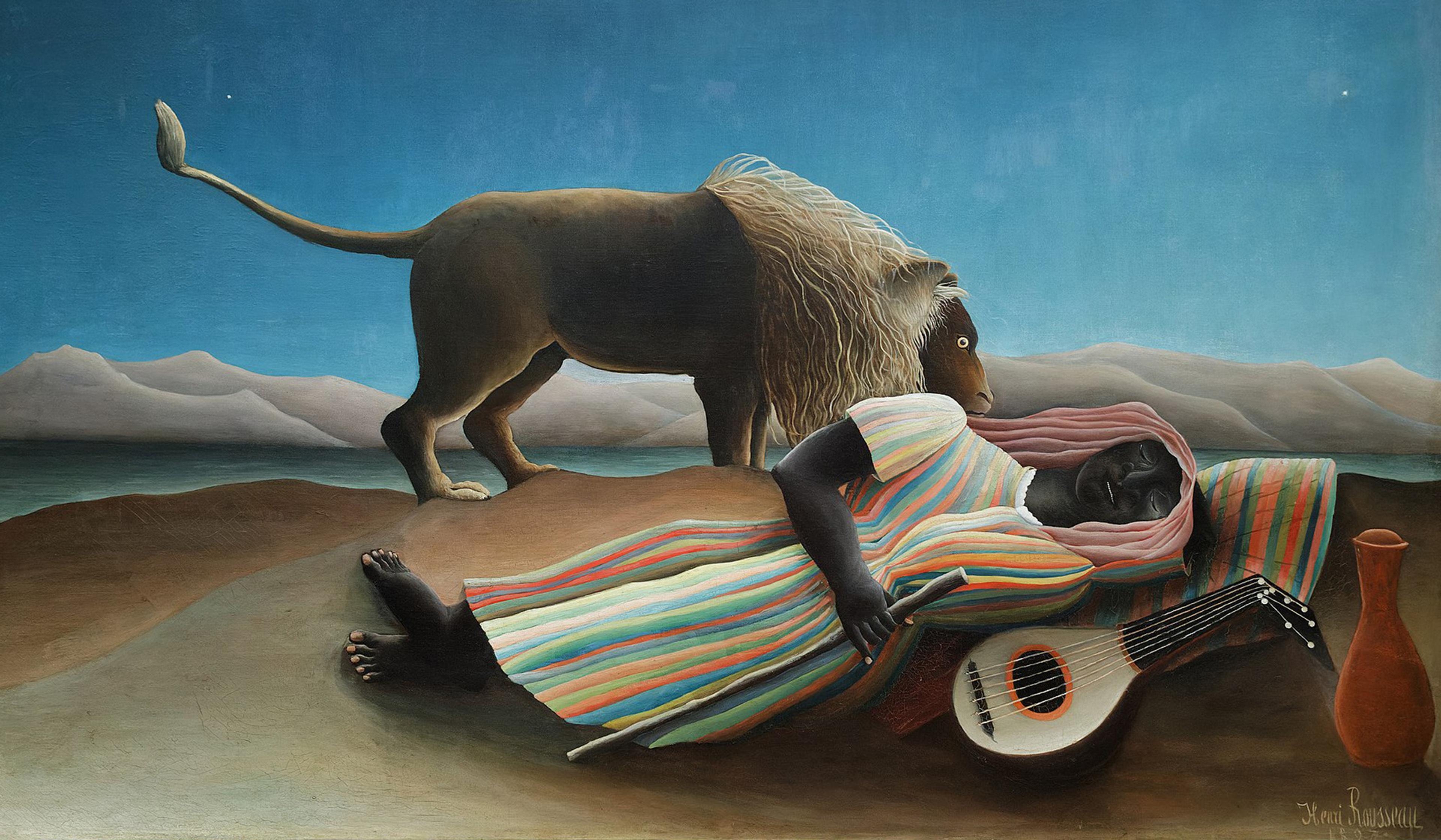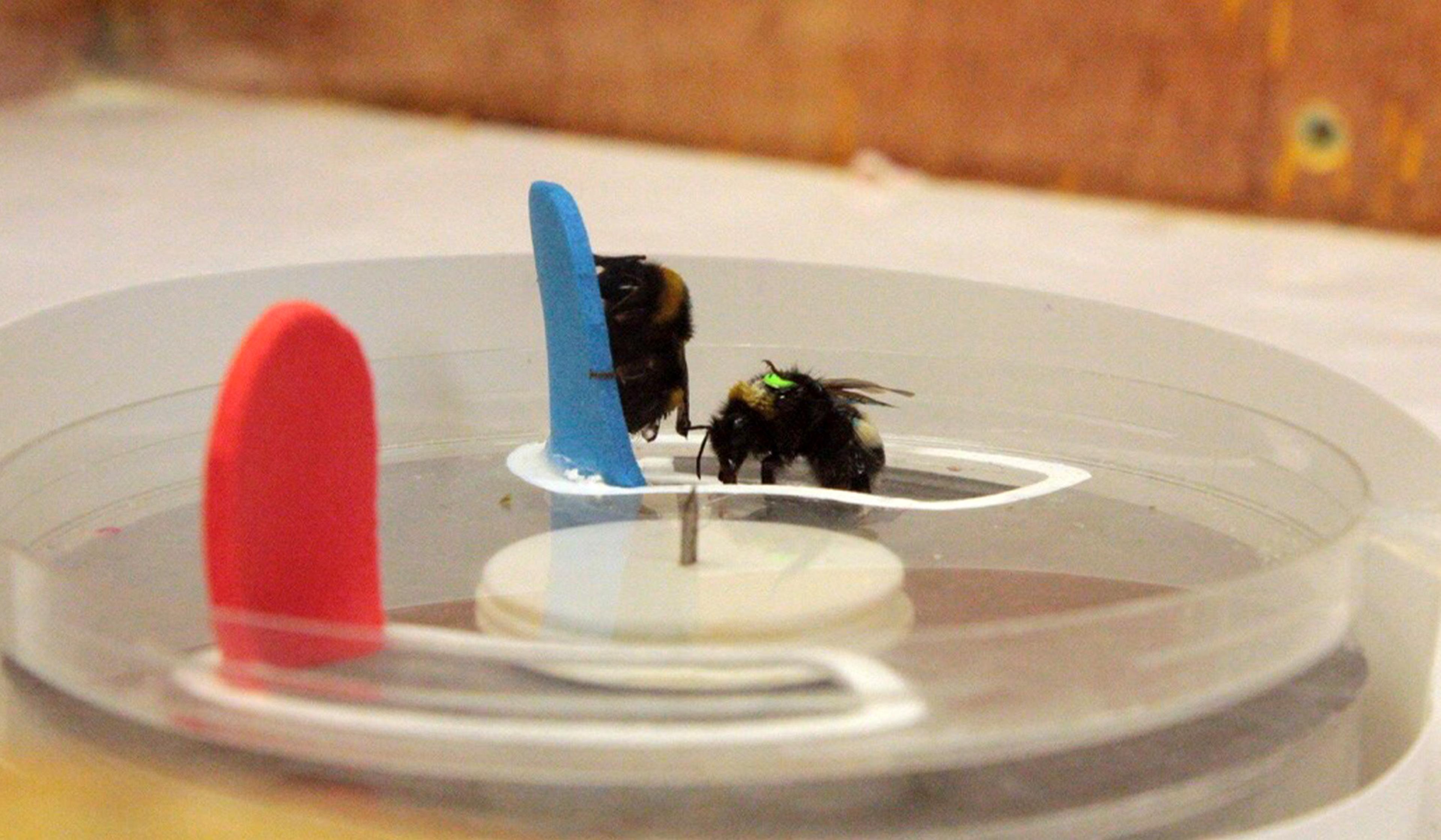Since the early 20th century, a number of curious (and sometimes ethically dubious) psychological studies have tried to figure out if we can communicate with great apes using language. In the 1970s, the answer was reported to be an unequivocal ‘yes’ after Koko, a female western lowland gorilla, learned to sign at her handler, a graduate student at Stanford University, using a modified version of American Sign Language. But more recent critiques of the Koko studies (and others) dispute the idea that great apes have had truly meaningful two-way language communication with humans. This video from NPR’s Skunk Bear offers a brief survey of the history of ape-human communication research, suggesting that ‘Can we talk with them?’ might be the wrong question to ask.
People have been trying to talk with apes for nearly a century. How far have we got?
Video by Skunk Bear
Producers: Ryan Kellman, Adam Cole

videoLanguage and linguistics
Do button-pushing dogs have something new to say about language?
9 minutes

videoBiology
What would it mean if we were able to ‘speak’ with whales?
65 minutes

videoHuman evolution
From Tarzan to Tanzania – how a dream of living with animals changed primatology
6 minutes

videoCognition and intelligence
There’s a lot more to conversation than words. What really happens when we talk
6 minutes

videoEthics
How many monkeys is it worth sacrificing to save a human life?
6 minutes

videoCognition and intelligence
How a ‘periodic table’ of animal intelligence could help to root out human bias
5 minutes

videoSleep and dreams
How might the dreamworlds of other animals differ from our own?
8 minutes

videoSpace exploration
How do you message an alien? Carl Sagan offers some simple suggestions
8 minutes

videoCognition and intelligence
What’s this buzz about bees having culture? Inside a groundbreaking experiment
8 minutes